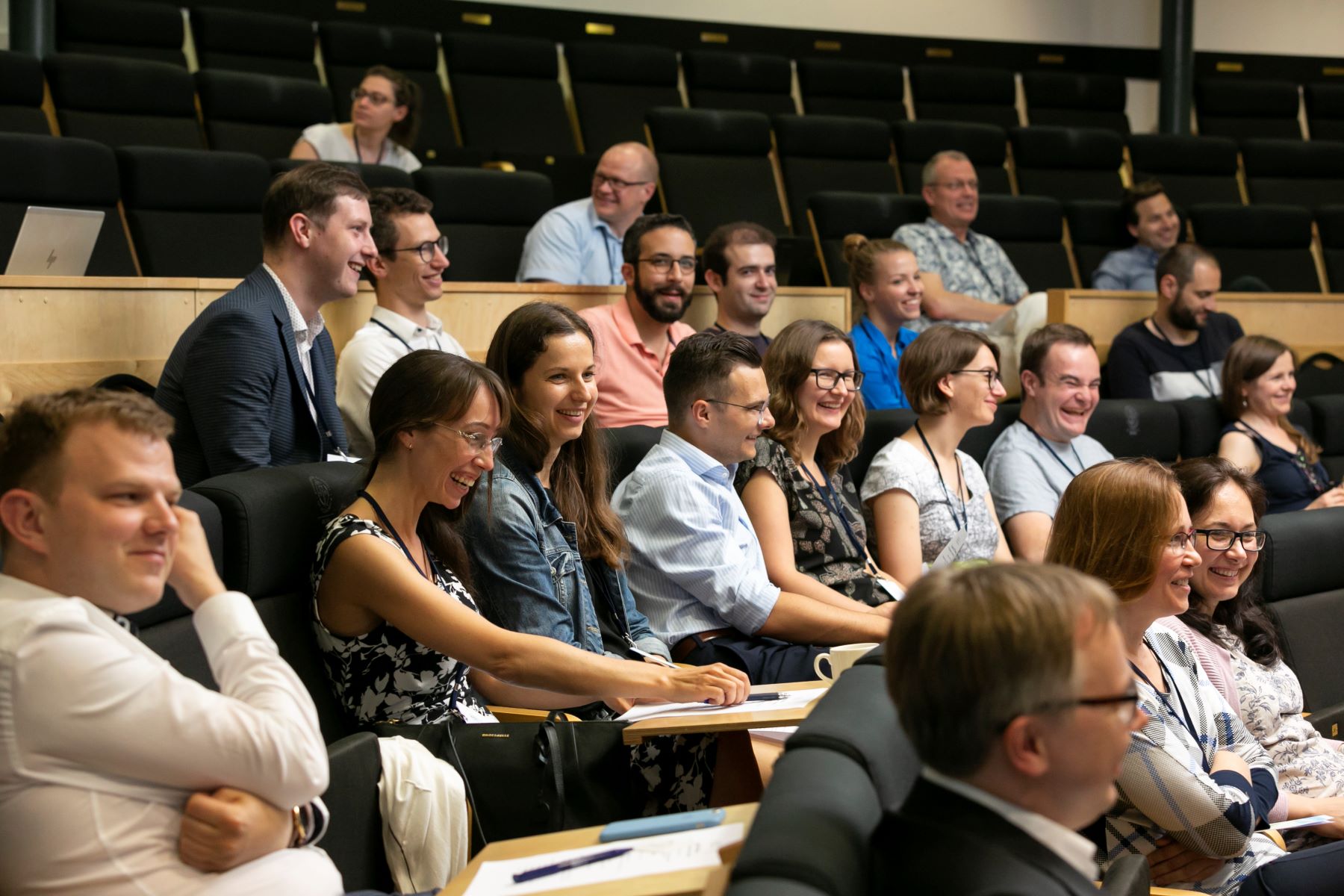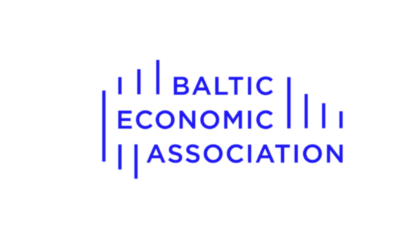On 6 March at 14:00 you are invited to attend the research seminar of the School of Economics and Business Administration of the University of Tartu in which Federica Rossi (Politecnico di Milano) will present the research project “The surge of remote working and coworking spaces. Exploring the case of Italy through mixed methods”.
The rescheduling of working methods due to the COVID-19 pandemic resulted in a surge in remote working (RW) and demand for collaborative spaces, like coworking spaces (CSs), adopting hybrid working models. Within this context, the paper analyses the growth and location of Italian CSs in the period before and after the COVID-19 pandemic (2018-2023) by merging new data sources, and explores its determinants. Applying a mixed methods approach (quantitative and qualitative analysis) we show that Italian CSs are located and grow in large urban areas and medium-sized cities. This growth is triggered by the market demand and market potential. Interestingly, the spatial analysis (Moran’s I) and the interviews show a lower demand for CSs in suburban areas around large cities probably because remote workers and hybrid workers prefer to commute to nearby cities to exploit urbanisation economies. Moreover, a higher concentration of innovation and a stronger broadband endowment trigger CS growth.
Co-authors are Marco Biagetti, Ilaria Mariotti and Sergio Scicchitano
Meeting ID: 991 8684 9700
Passcode: 211400

